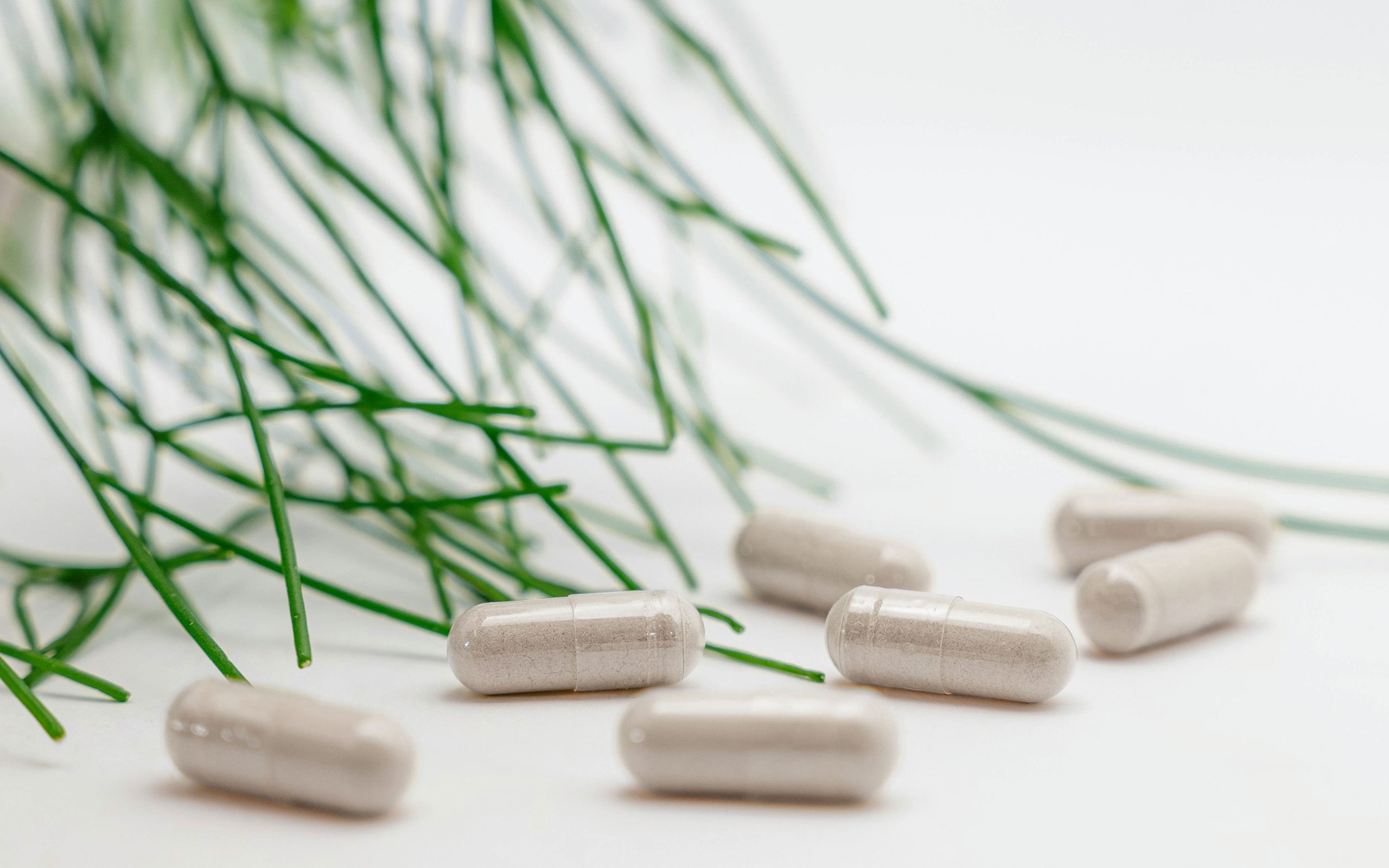
Do Probiotics Expire And Should You Still Take Them?
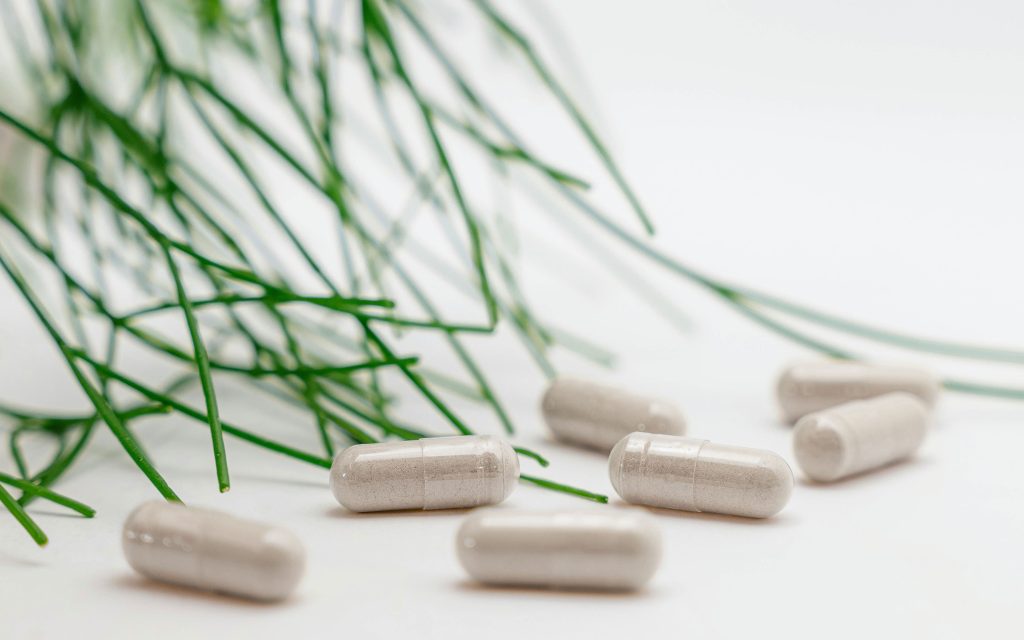

Do Probiotics Expire And Should You Still Take Them?
You bought a bottle of probiotics months ago, but now you’re wondering—are they still good? Unlike perishable foods, supplements don’t always come with clear signs of expiration. Do probiotics lose their potency over time, or are they still effective past the date on the label? Before you toss them out (or take your chances), here’s what you need to know.

Do Probiotics Expire?
Probiotics are living organisms, and like any living thing, they don’t last forever. Over time, exposure to heat, moisture, and pH changes can cause these beneficial bacteria to die off, reducing their potency. That’s why probiotic supplements come with an expiration date—it’s the manufacturer’s estimate of how long the bacteria will stay alive and effective.
Expiration dates can be misleading, even though they may be based on some estimates of microbial growth and changes of the item over time. They’re the manufacturer’s voluntary suggestions, not official legal rules that are set in stone. The FDA doesn’t require expiration dates on most foods–expiration dates are more about consumer guidance than strict safety measures. In many cases, food stays safe well beyond the printed date, with storage conditions and sensory cues (smell, taste, texture) being better indicators of freshness. In others, such as during the hotter seasons, you may find foods spoil well before their expiration dates.
For many probiotics, that’s around one year. For Probiotic Breakthrough, it’s two years.
However, research suggests that probiotics don’t necessarily stop working the moment they expire. A study analyzing 33 expired probiotic products—most of which were stored as recommended—found that even after an average of 11.32 years past expiration, 22 still contained viable bacteria. Surprisingly, five of them met or even exceeded their original cell count (colony-forming unit) claims.
That said, a high cell count doesn’t always mean a probiotic is effective. Many expired probiotics still contained bacteria, but their levels were too low to provide the intended benefits.
It’s important to distinguish between cell count and viability. A high cell count doesn’t necessarily mean a probiotic is effective—what matters is how many of those cells are still alive and active. Viability refers to the proportion of living bacteria capable of providing the intended health benefits, while total cell count includes both live and dead cells.
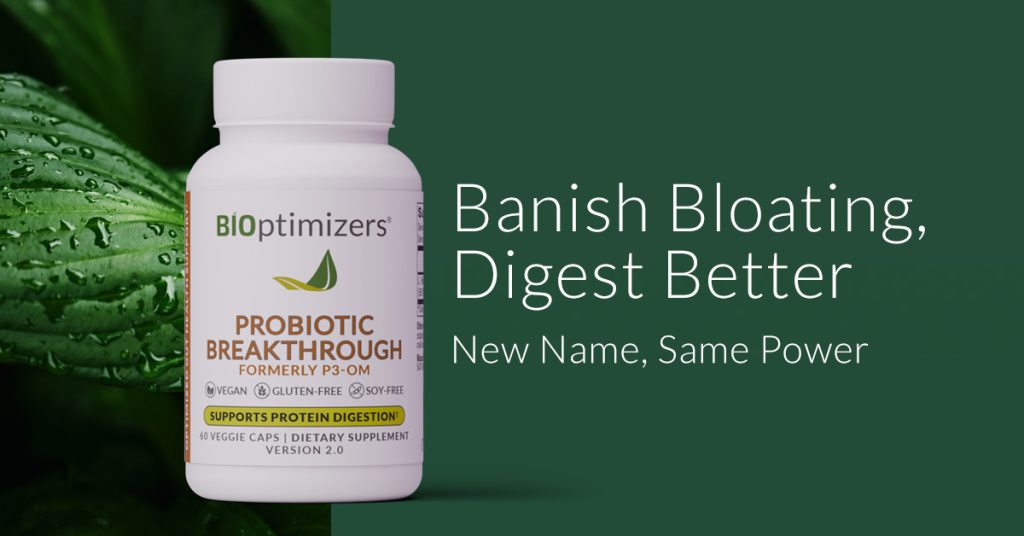
Packaging Impacts Viability
The study also explored factors influencing viability. Packaging is a key factor in how well probiotics are protected over time, which can significantly influence viability by shielding or exposing the bacteria to damaging elements.
While the type of pill (encapsulated, compressed powder, or loose powder) didn’t seem to impact viability, the kind of packaging played a big role. This is mostly because of differences in how materials protect against oxygen, light, and moisture.
- Plastic allows more oxygen to pass through, while glass provides better protection but lets in more light, which can harm probiotics.
- Metal packaging offered the best protection in this study, with significantly higher probiotic viability than plastic.
- Glass packaging was expected to perform better but didn’t show a major advantage over plastic. This may be because light exposure offsets its protective benefits.
Even the best packaging isn’t foolproof, though. Over time, all materials lose their ability to fully protect probiotics, allowing oxygen, moisture, and light to seep in. This gradual breakdown means probiotics will eventually degrade regardless of the packaging type, especially if not stored under ideal conditions. We’ll talk more about that later.
Some Strains Are More Stable Than Others
While the study we’ve been discussing didn’t find any viability differences between the various probiotic species, we know that some probiotic strains can last longer than others. Here are some to look out for:
- Spore-Forming Probiotics
While most probiotic strains are sensitive to high temperatures and acidic environments, spore-forming probiotics, like Bacillus coagulans, are more stable. They don’t “activate” until they reach your small intestines, where they begin to multiply. This is also why it’s the strain used in probiotic tea.
- Shelf-Stable Probiotics
Probiotic strains that aren’t naturally spore-forming, like Lactobacilli, are often processed with techniques like freeze-drying to maintain their potency. Freeze-drying (or lyophilization) removes moisture and preserves the probiotics at low temperatures, preventing heat damage.
This process creates a dry environment that prevents microbial growth while protecting the probiotics’ cell membranes. As a result, freeze-drying helps maintain the probiotics’ viability and effectiveness, extending their shelf life.

Can You Take Expired Probiotics?
The effects of consuming expired probiotics have yet to be thoroughly studied, so there is still some uncertainty. Most expired probiotics do not typically contain harmful bacteria, but their safety depends on factors like storage conditions and product quality.
Improper storage—such as exposure to heat, moisture, or light—can accelerate the degradation of probiotics, further reducing their potency and, in rare cases, leading to the presence of harmful microorganisms.
Additionally, the original quality and manufacturing process of the probiotics matter. Higher-quality products made with careful attention to sourcing, formulation, and packaging will likely remain more stable over time, even past their expiration date.
While you may not get the full benefits you’d expect from a fresh batch, expired probiotics don’t necessarily lose all value when the expiration date passes. In fact, some research suggests that even non-viable probiotics may have health benefits. Let’s take a closer look at what we know about this.
Can Expired Probiotics Be Dangerous?
To date, there has been no official published clinical evidence about the dangers of expired probiotics. The short answer is yes, expired probiotics may be more likely to cause adverse effects. Aside from reduced potency, there may be other microbial growth or changes in the product, especially if it’s well past the expiration date.
If you’re sensitive, susceptible to digestive problems, or otherwise worried about the safety of the product, it is best to discard any expired probiotics.
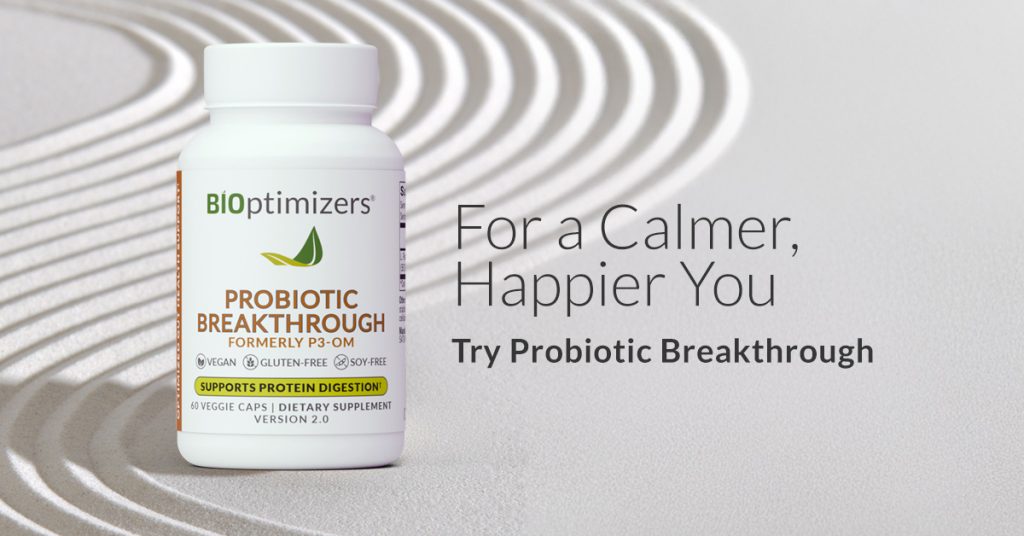
Can Non-Viable Probiotics Have Health Benefits?
In short, yes, they might! Non-viable probiotics, or paraprobiotics, may offer potential health benefits even though the cells are no longer alive.
Important Note: The paraprobiotics used in these studies were heat-killed in a controlled lab environment, and these benefits apply to specifically treated probiotics. Simply leaving probiotics on a shelf for long periods or consuming expired ones doesn’t guarantee the same effects, as they may lose potency or not be properly stored.
A review of studies explored the therapeutic effects of probiotics beyond viability. Research found that these dead probiotics may still play an important role in supporting the body in several ways:
Immune System Modulation
Paraprobiotics may still interact with the immune system in helpful ways. Research suggests they can influence immune responses by affecting cytokine production—molecules that help immune cells communicate.
Even though paraprobiotics are no longer alive, the immune system can still recognize parts of their cell walls, such as peptidoglycans and teichoic acids. These structures may activate immune receptors, supporting both the innate immune system (the body’s first line of defense) and the adaptive immune system (which builds long-term protection).
By influencing cytokine levels and immune signaling, some paraprobiotics may help maintain a balanced immune response.
One study with elderly participants found that taking heat-killed Lactobacillus pentosus increased the secretion of salivary immunoglobulin A (sIgA), a key molecule in our immune defense. Participants taking the paraprobiotics experienced a reduced incidence of the common cold and reported feeling generally better overall.
In another trial, young, healthy adults who consumed heat-killed Lactobacillus paracasei experienced better resistance to the common cold and felt more balanced in their mood, even when under stress.
Some of the bioactive substances in paraprobiotics that may support immune health include:
- Peptides & Proteins (found in Bifidobacterium lactis Bb12)
- b-Glycan
- AT Motif of DNA (from Lactobacillus gasseri)
- Peptidoglycan (in lactic acid bacteria)
- Lipoteichoic Acid (in Gram-positive bacteria)
- 𝛽-Glucan (from Saccharomyces cerevisiae)
- Extracellular Polysaccharides (from Lactobacillus delbrueckii)
Support a Healthy Stress Response and Sleep in Men
The connection between the gut and the brain, often called the gut-brain axis, plays a key role in how the body handles stress. Paraprobiotics may also help support stress management and overall well-being.
A study examined how a heat-inactivated strain of Lactobacillus gasseri affected medical students dealing with stress. For five weeks, students took the paraprobiotic daily.
The results showed some interesting benefits, particularly for sleep and digestion. Male students who took the paraprobiotic fell asleep more quickly and slept longer. They also reported fewer stress-related digestive issues, like diarrhea-like symptoms.
Women in the study, however, experienced an increase in stress-related physical symptoms, which could mean women might respond to stress differently or that the paraprobiotic affects men and women in distinct ways.
Support Gut Health

Even without live bacteria, paraprobiotics may help support gut function, maintain the gut barrier, and influence the gut microbiota for better digestive health. The review of studies determined many benefits. Here’s what researchers discovered:
- Gut Function Regulation
One study found that a paraprobiotic strain of Lactobacillus gasseri, taken once daily for three weeks, helped regulate intestinal function and improve digestive comfort.
- Gut Barrier Support
Paraprobiotic strains in fermented foods like yogurt may support the gut barrier. For example, yogurt containing heat-killed Lactobacillus delbrueckii, Streptococcus thermophilus, and Lactobacillus acidophilus helped maintain the integrity of the gut barrier in human cells.
- Gut Microbiota Modulation
Non-viable probiotics may positively influence gut microbiota. A clinical trial found that a fermented milk product containing heat-killed Lactobacillus paracasei increased beneficial gut bacteria like Oscillospira and Faecalibacterium.
- Digestive Comfort with Pasteurized Yogurt
Even pasteurized yogurt containing no viable bacteria improved digestive comfort and supported overall gut function when consumed daily for seven weeks.
Stability and Storage
One of the benefits of non-viable probiotics is their stability. Because they are not alive, they are more stable and easier to store. This makes them more versatile for use in a variety of products and can reduce concern over expiration dates.
It might seem surprising, but research shows that even inactive probiotics can still be beneficial. They can support the immune system and promote gut health, proving that it’s not always about being alive—it’s about how the body responds to them.
As we continue to explore the full potential of paraprobiotics, it’s exciting to think about how they could complement traditional probiotics and other gut health strategies in the future. Who knows—these seemingly “inactive” probiotics might just hold the key to a whole new way of supporting our bodies.
How to Get the Most Out of Your Probiotics
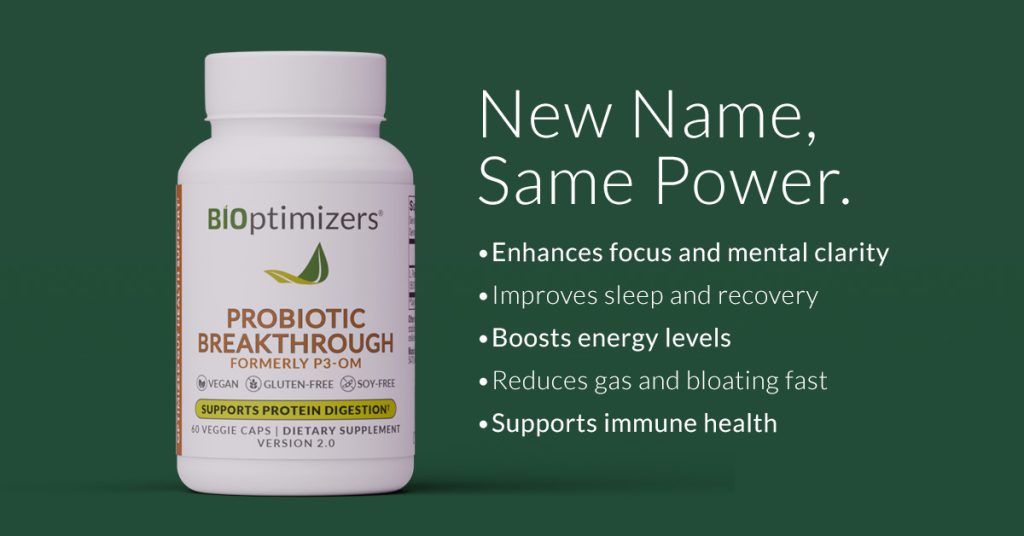
Since we’re not quite there yet with paraprobiotics being in wide use, you’ve got to make sure to take proper care of your probiotics to get the most out of them. Proper storage and timing can make a big difference in ensuring that the live probiotics you’re taking are as effective as possible. Here are a few tips to help you maximize their benefits.
Storage
When storing probiotics, it’s essential to follow the manufacturer’s recommendations. They have the most detailed knowledge about the specific strains and how they react to different storage conditions, ensuring the probiotics remain effective.
Shelf-stable probiotics, like Probiotic Breakthrough, are designed to survive long-term without refrigeration, making them easier to store. Simply keep them in a cool, dry place away from direct sunlight and humidity. If you’re in a hot and humid climate, however, it might be wise to refrigerate the product.
Check out our article on how probiotics survive stomach acid. It also explains ways to test whether your probiotics are still potent.
Best Time to Take Them
The timing of when you take your probiotics can impact their effectiveness. Some people prefer taking them on an empty stomach, while others find they work best with meals. For more detailed guidance on the best time to take probiotics, check out our article, When Is the Best Time to Take Probiotics?
Conclusion
While probiotics do expire, they may still retain some effectiveness, especially if stored properly. Factors like packaging and strain stability play a role in their potency after the expiration date.
Non-viable probiotics, or paraprobiotics, may also offer health benefits, including supporting immune function and digestive comfort.
To get the most out of your probiotics, store them correctly and consider the timing of when you take them. It is best to take it before the expiration date on the bottle. Probiotic Breakthrough is a great option—shelf-stable and designed to maintain its potency over time, ensuring you continue supporting your gut health.
References
- Arepally D, Reddy RS, Goswami TK. Studies on survivability, storage stability of encapsulated spray dried probiotic powder. Curr Res Food Sci. 2020;3:235-242. doi:10.1016/j.crfs.2020.09.001
- Wilcox H, Carr C, Seney S, Reid G, Burton JP. Expired probiotics: what is really in your cabinet? FEMS Microbes. 2020;1(1). doi:10.1093/femsmc/xtaa007
- Cao J, Yu Z, Liu W, et al. Probiotic characteristics of Bacillus coagulans and associated implications for human health and diseases. J Funct Foods. 2020;64(103643):103643. doi:10.1016/j.jff.2019.103643
- Ge S, Han J, Sun Q, et al. Research progress on improving the freeze-drying resistance of probiotics: A review. Trends Food Sci Technol. 2024;147(104425):104425. doi:10.1016/j.tifs.2024.104425
- Sharma N, Kang DK, Paik HD, Park YS. Beyond probiotics: a narrative review on an era of revolution. Food Sci Biotechnol. 2023;32(4):413-421. doi:10.1007/s10068-022-01212-x
- Siciliano RA, Reale A, Mazzeo MF, Morandi S, Silvetti T, Brasca M. Paraprobiotics: A new perspective for functional foods and nutraceuticals. Nutrients. 2021;13(4):1225. doi:10.3390/nu13041225
- Akter S, Park JH, Jung HK. Potential health-promoting benefits of paraprobiotics, inactivated probiotic cells. J Microbiol Biotechnol. 2020;30(4):477-481. doi:10.4014/jmb.1911.11019
- Nishida K, Sawada D, Kawai T, Kuwano Y, Fujiwara S, Rokutan K. Para‐psychobiotic Lactobacillus gasseri CP 2305 ameliorates stress‐related symptoms and sleep quality. J Appl Microbiol. 2017;123(6):1561-1570. doi:10.1111/jam.13594
- Berni Canani R, De Filippis F, Nocerino R, et al. Specific signatures of the gut Microbiota and increased levels of butyrate in children treated with fermented cow’s milk containing heat-killed Lactobacillus paracasei CBA L74. Appl Environ Microbiol. 2017;83(19). doi:10.1128/AEM.01206-17
